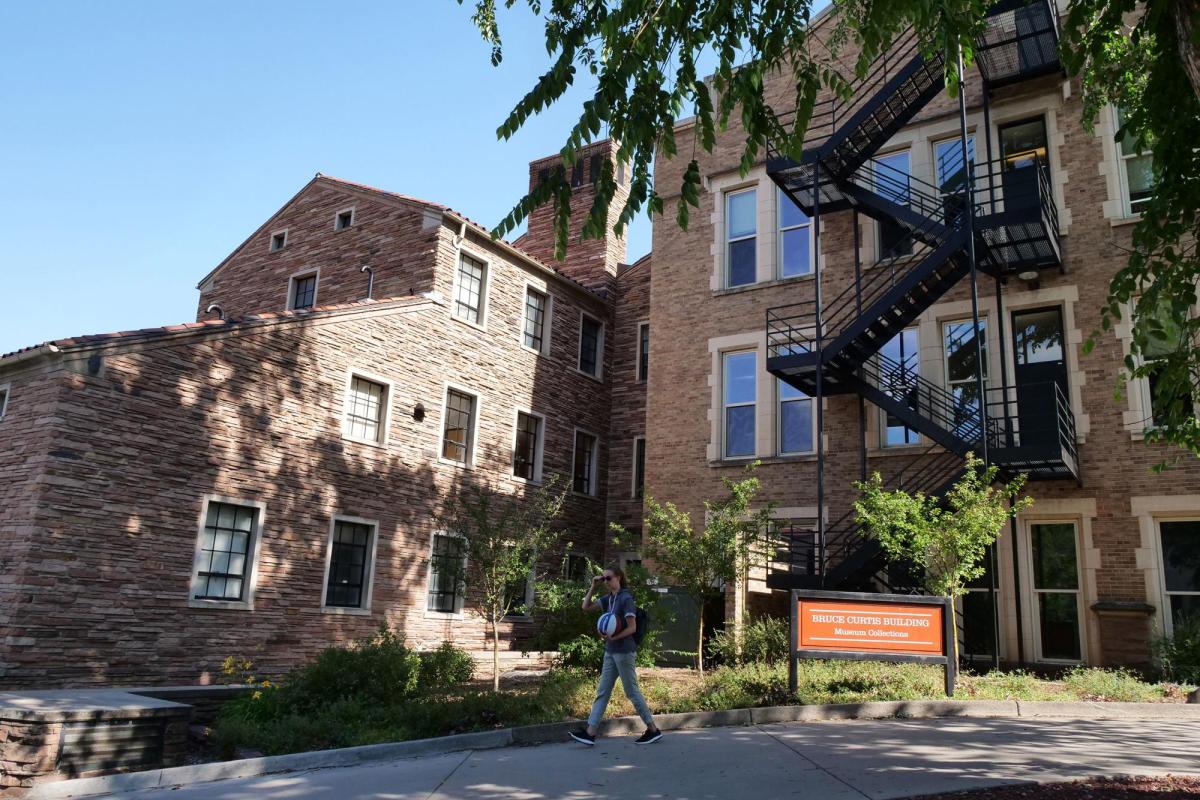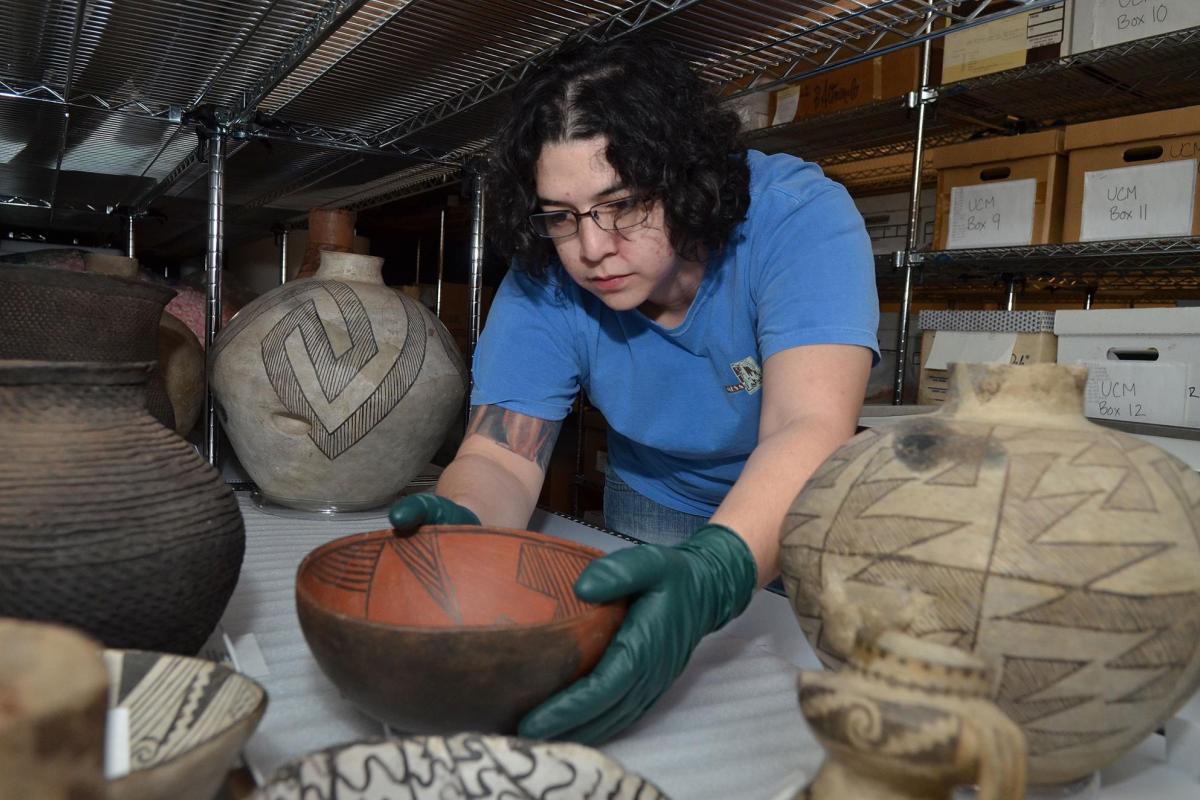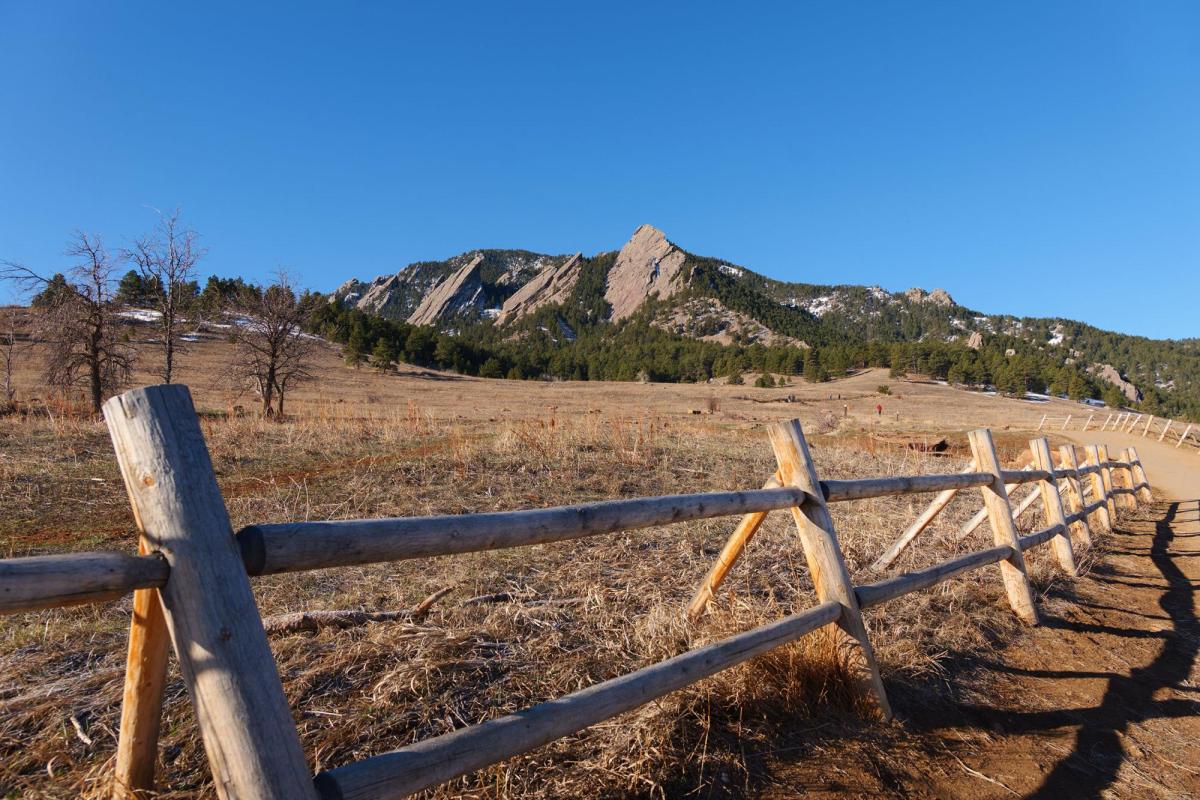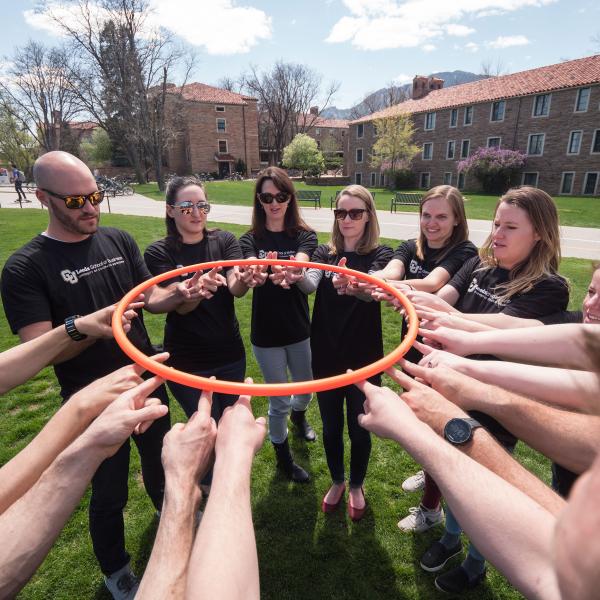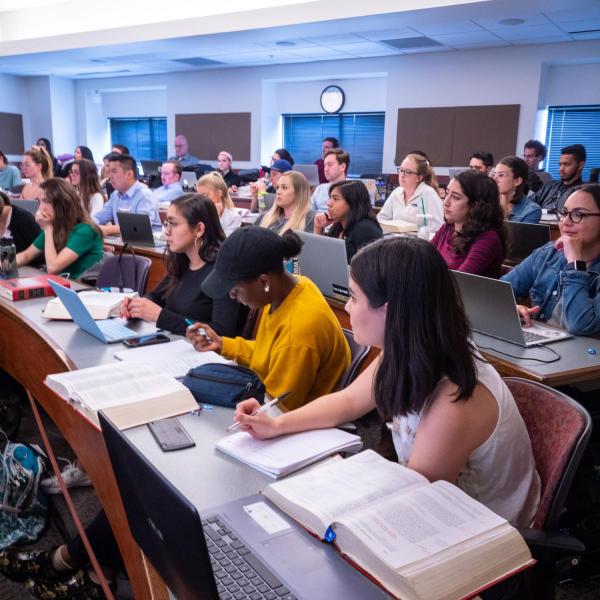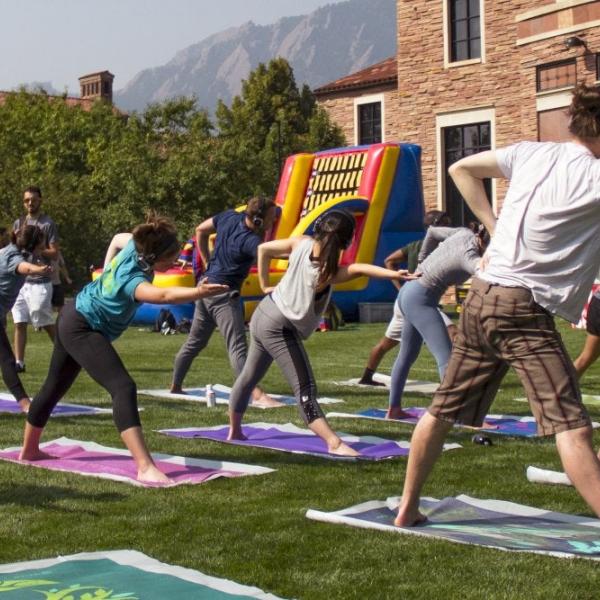Graduate Degrees in Museum & Field Studies
Top Green College
(Princeton Review, 2025)
No. 46 among public universities in the country
(U.S. News & World Report, 2026)
5 Nobel Laureates
Since 1989
Enjoy access to the most extensive library of natural diversity in the state, and take classes and conduct research in the recently renovated Bruce Curtis Building.
Gain hands-on experience in all areas of museum work at the CU Museum of Natural History.
Take advantage of more than 20 world-class museums, parks and zoos in the area for internship, volunteer, job and networking opportunities.
Research Areas
- Anthropological Interpretation
- Diatom Taxonomy, Systematics and Ecology
- Southwestern Archaeology and Ethnology
- Plant Taxonomy, Evolution and Phytogeography
- Vertebrate Paleontology and Cenozoic Mammals
- Biology of Aquatic Invertebrates
- Systematics and Population Biology of Insects of the Rocky Mountain Region
- Plant-Insect Interactions
- Mammalogy
Graduate Student Resources
Student success is best met with holistic support and resources. CU Boulder offers robust resources, programming and opportunities to help students establish meaningful connections, adjust to graduate student life and find assistance when they need it. Whether it’s academic, social, or health and wellness support, the university provides an array of resources to meet the diverse needs of our students.
Explore ways to connect with other graduate students on campus, online and off campus, locally and internationally.
Learn about our commitment to ensuring our graduate education is accessible and welcoming for all students.
Find resources with contact and location information for a broad range of services.
Attend regular, graduate-specific workshops and seminars to hone practical and professional skills before entering the job market.
Connect with an established graduate peer mentor who serves as your guide through the graduate student experience.


